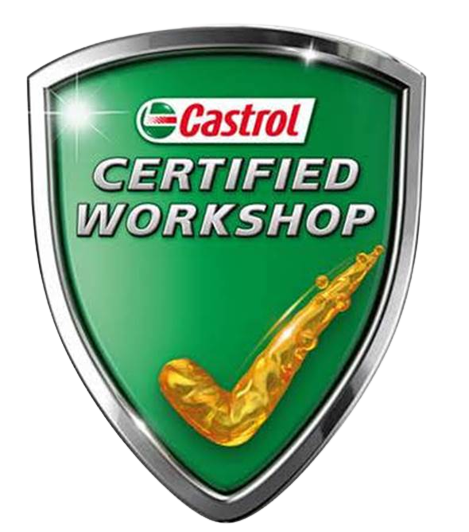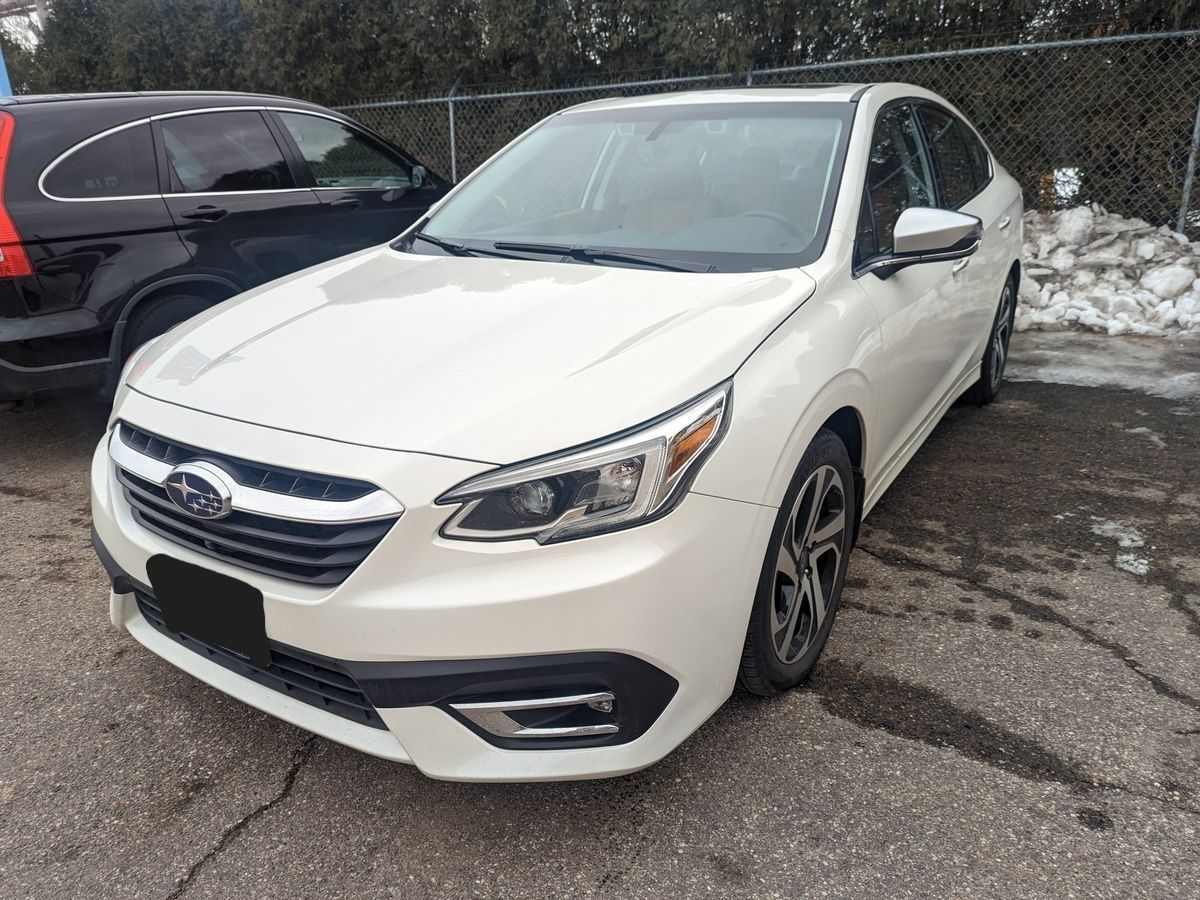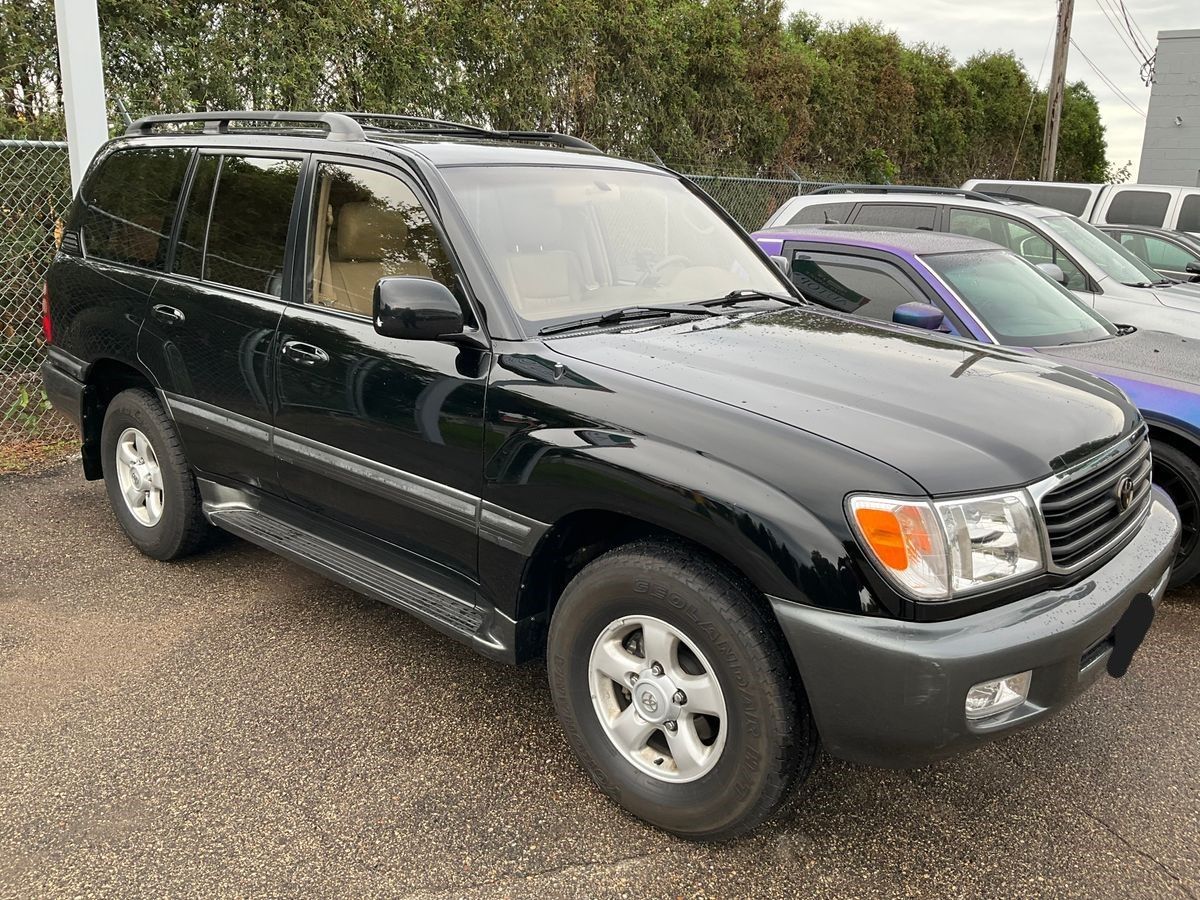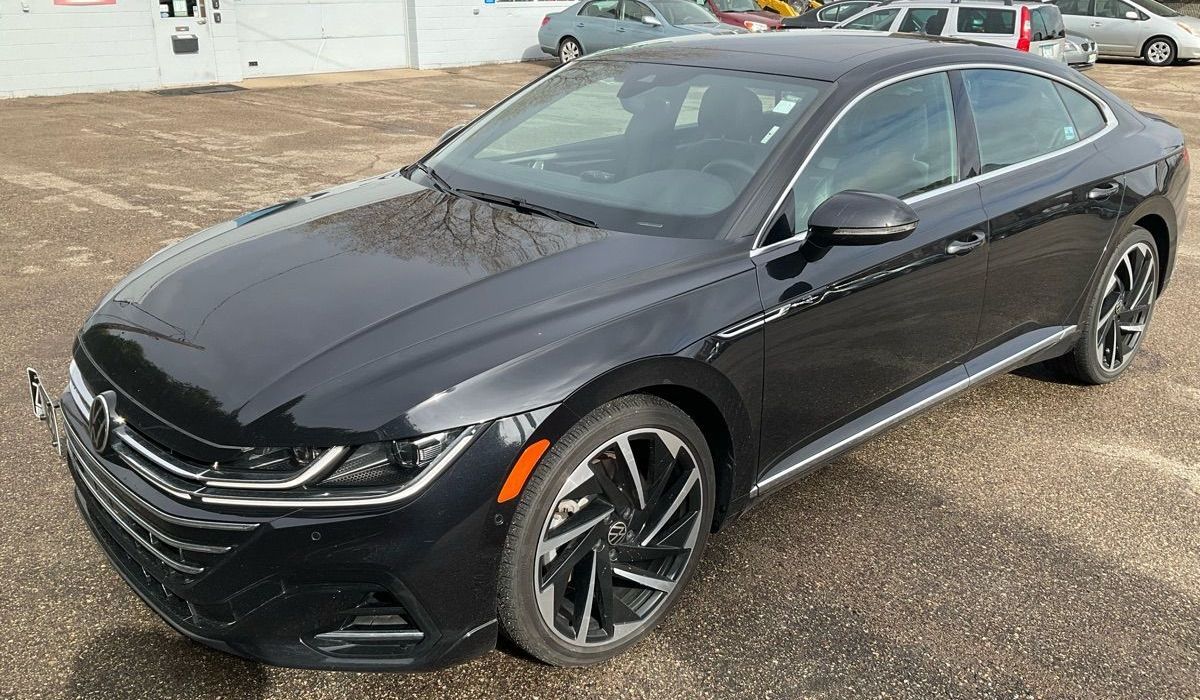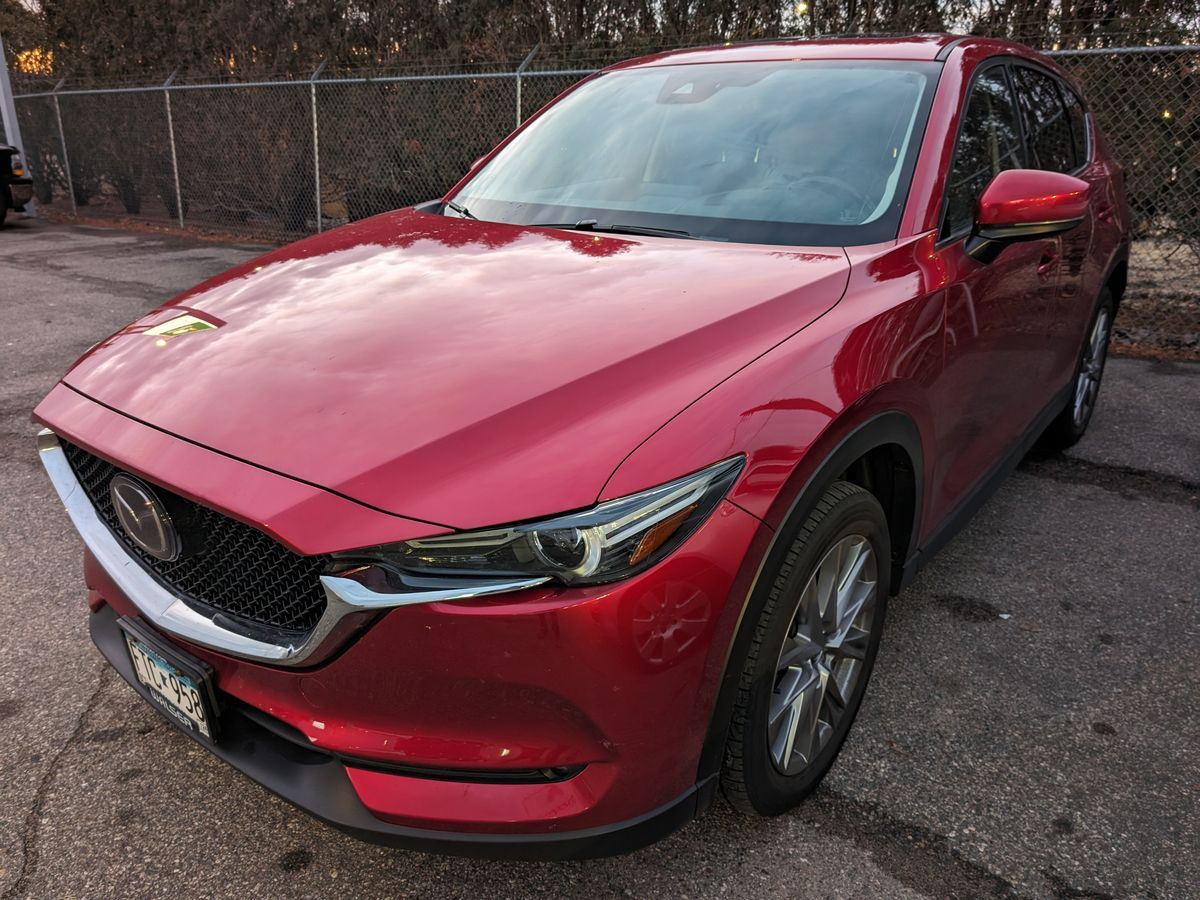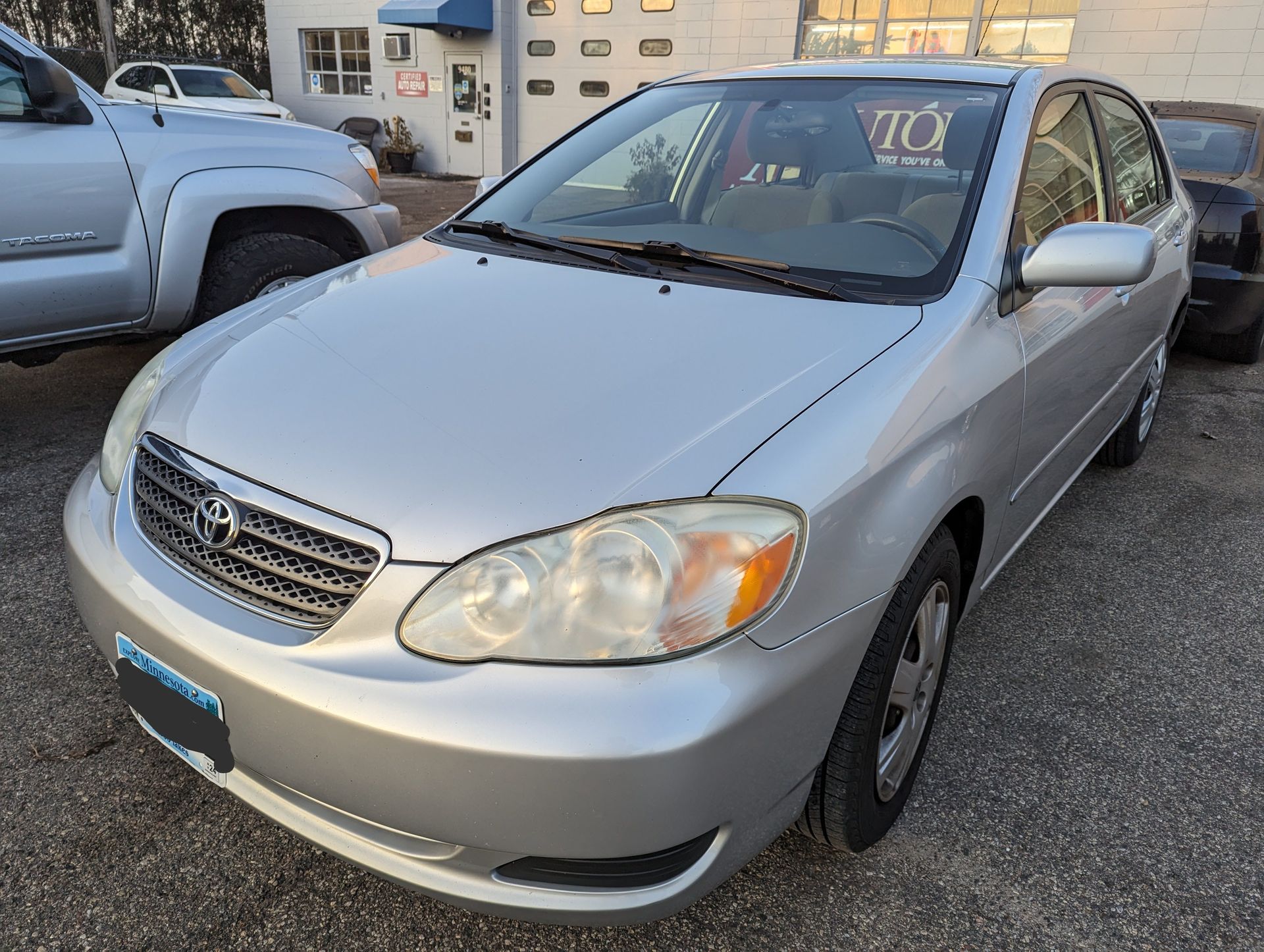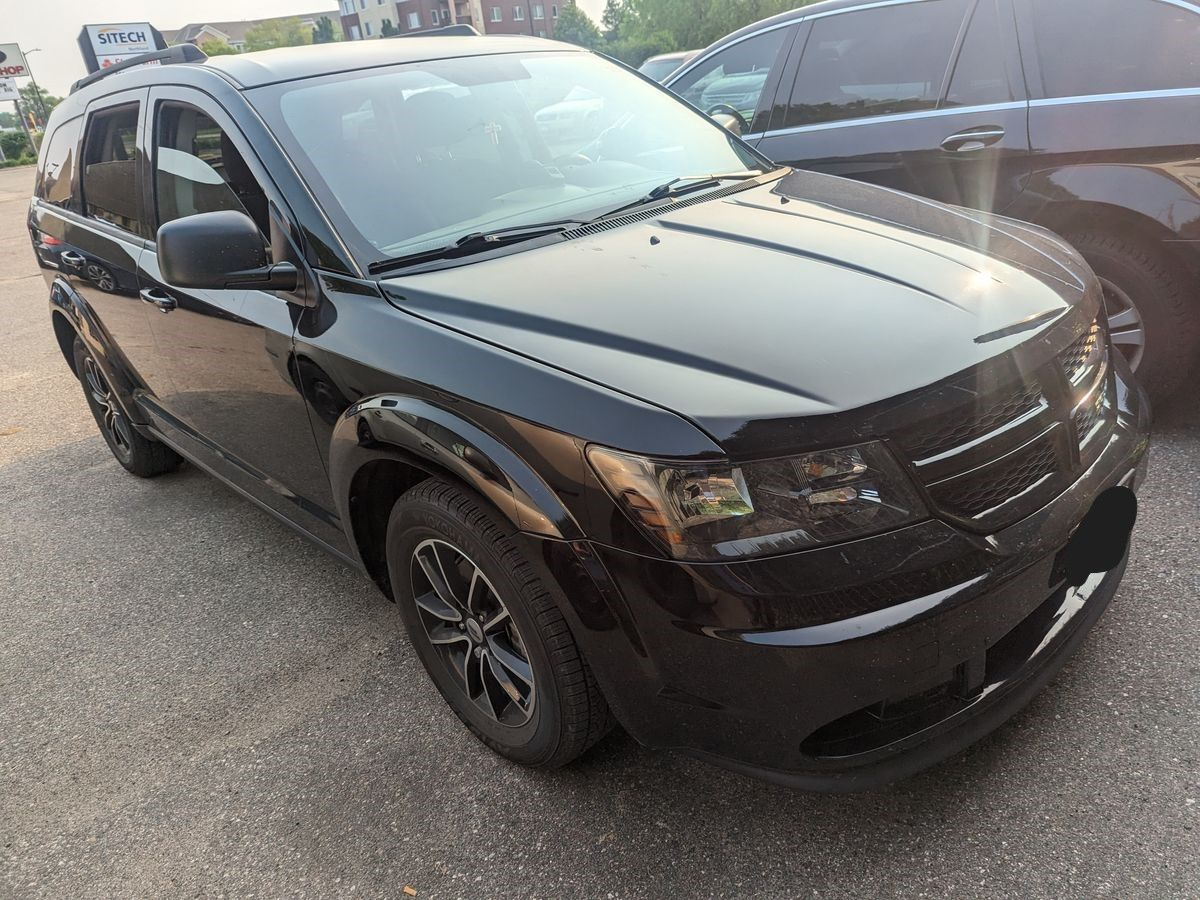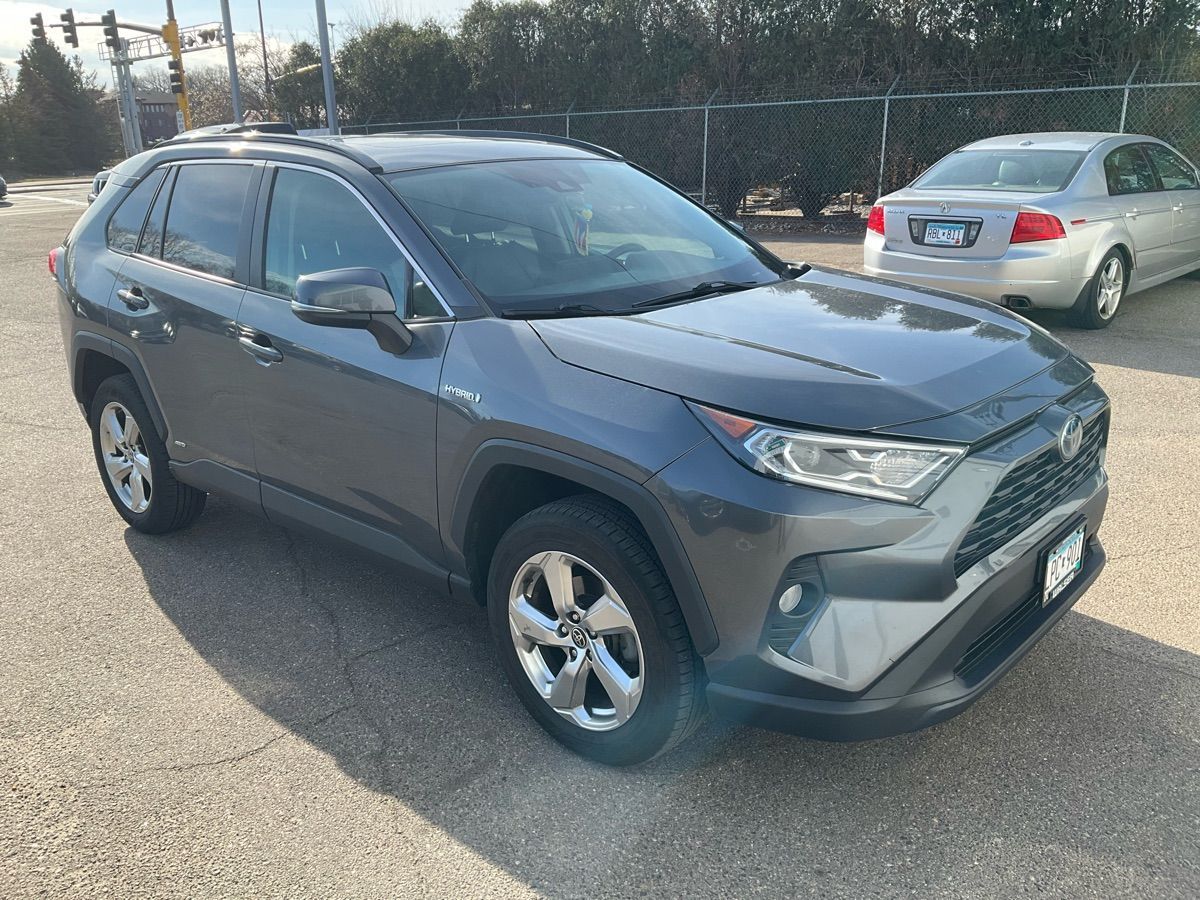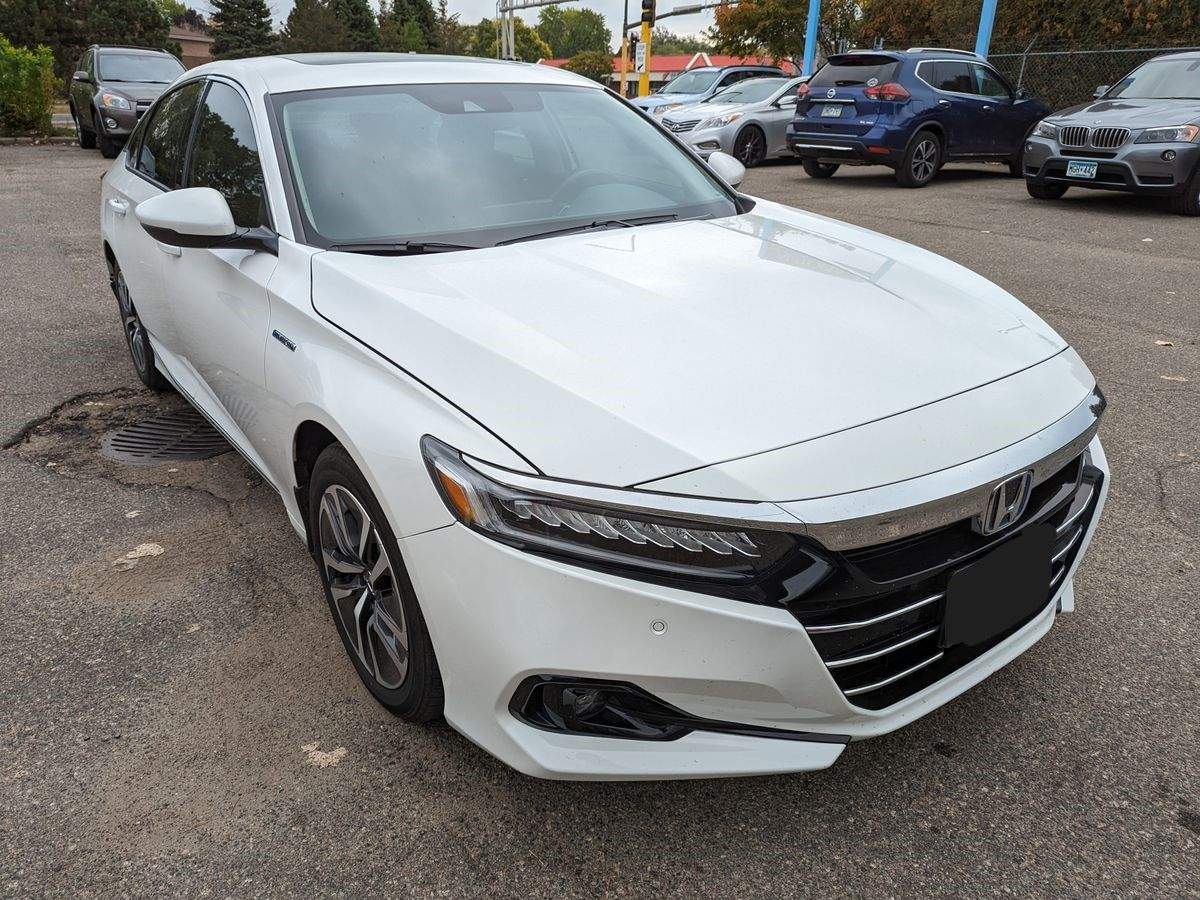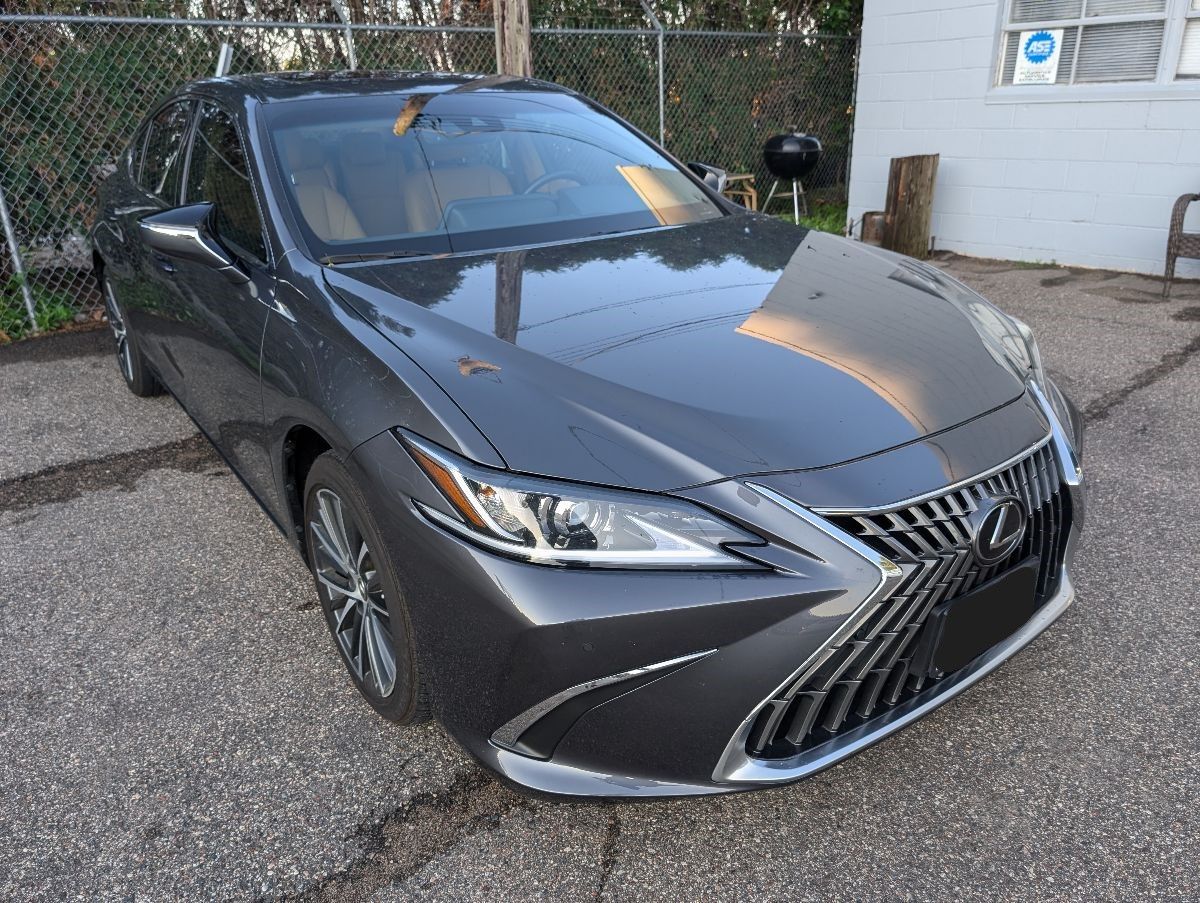Blog #132: Subaru Exhaust System Problems: Issues That Can Ruin Fuel Economy and Performance
Blog #132: Subaru Exhaust System Problems: Issues That Can Ruin Fuel Economy and Performance
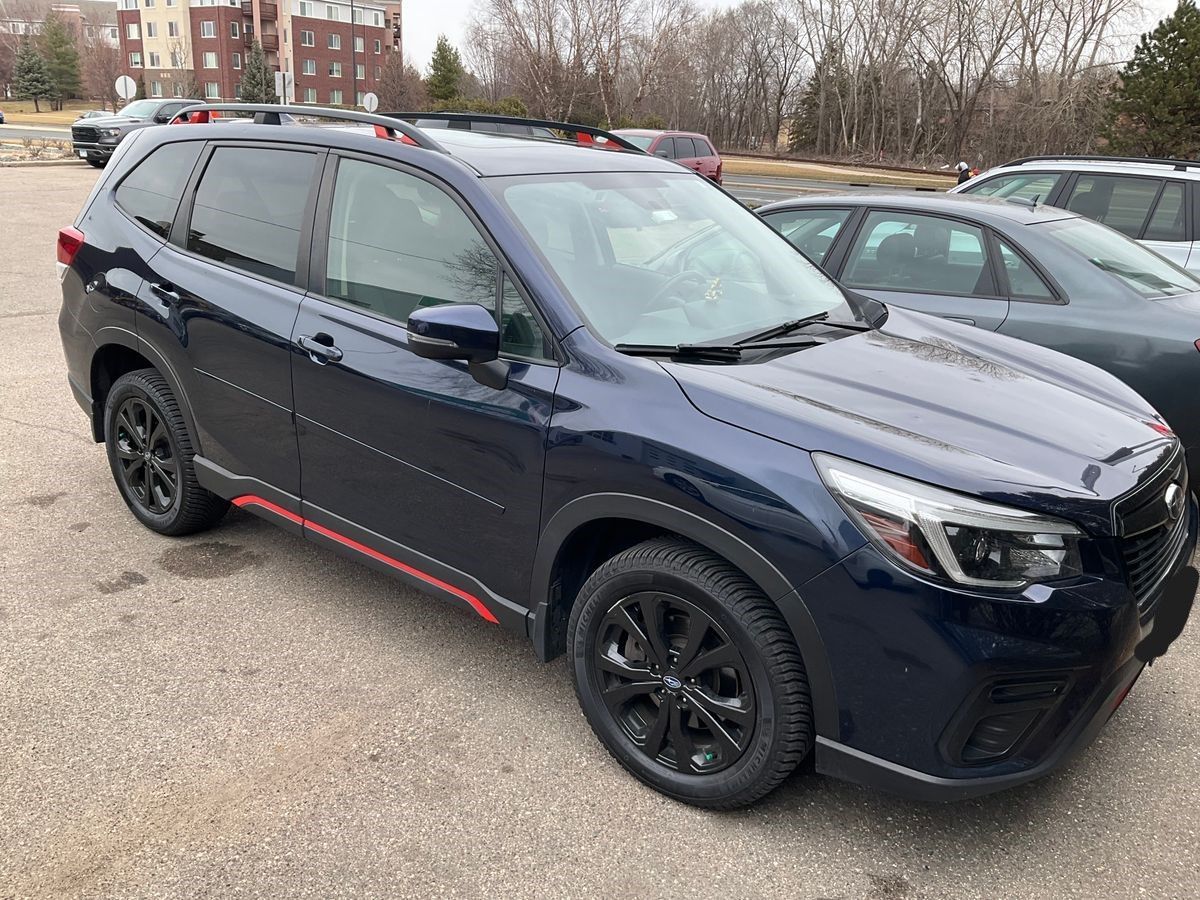
If you drive a
Subaru, chances are you appreciate its mix of reliability, efficiency, and all-weather performance. But even the most dependable Subaru can lose efficiency if one critical system is overlooked—the
exhaust system. At
Autopia Bloomington, we often see drivers frustrated by unexplained drops in fuel economy, rough performance, or even failed emissions tests. Many times, the culprit is lurking in the exhaust.
Your Subaru’s exhaust system does far more than just manage noise. It plays a key role in emissions control, engine efficiency, and fuel economy. When problems go unchecked, they can hit you right in the wallet at the gas pump—and sometimes lead to costly repairs.
In this guide, we’ll break down how Subaru exhaust system issues affect fuel economy, the warning signs to watch for, and how Autopia Bloomington can keep your Subaru running efficiently for the long haul.
Why the Exhaust System Matters in Your Subaru
The exhaust system is often taken for granted, but it’s essential for your Subaru’s performance. Here’s why:
- Directs harmful gases safely away from the engine
- Reduces harmful emissions with the catalytic converter
- Controls noise for a quieter ride
- Optimizes fuel combustion by maintaining proper backpressure
When any component of this system develops problems, your Subaru has to work harder, which burns more fuel and reduces efficiency.
Common Subaru Exhaust System Issues
Here are the most common exhaust system problems we see at Autopia Bloomington—and how they impact fuel economy and performance:
1. Exhaust Leaks
Why It’s a Problem: Leaks allow gases to escape before they reach the catalytic converter. This throws off the air-fuel ratio, forcing the engine to burn more fuel.
Symptoms: Louder exhaust noise, hissing sounds, or decreased gas mileage.
2. Catalytic Converter Failure
Why It’s a Problem: A failing or clogged catalytic converter restricts exhaust flow, which reduces engine efficiency and power.
Symptoms: Rotten egg smell, check engine light, sluggish acceleration, or poor fuel economy.
3. Oxygen (O2) Sensor Malfunction
Why It’s a Problem: The O2 sensor monitors exhaust gases and tells the engine how much fuel to inject. If it’s faulty, the engine may burn too much fuel.
Symptoms: Check engine light, sudden drop in MPG, or rough idling.
4. Muffler Problems
Why It’s a Problem: While mufflers mainly reduce noise, internal rust or damage can cause blockages, leading to poor performance and efficiency.
Symptoms: Excessive noise, rattling sounds, or visible rust holes.
5. Rust and Corrosion
Why It’s a Problem: Subarus in colder climates often face road salt corrosion. Rust eats away at pipes, causing leaks or even complete exhaust failure.
Symptoms: Visible rust, holes, or louder-than-normal exhaust.
Warning Signs Your Subaru Exhaust System Needs Attention
Not sure if your Subaru’s exhaust system is the reason for your fuel economy drop? Watch for these telltale signs:
- Noticeably lower MPG even with normal driving habits
- Check engine light related to exhaust sensors
- Stronger exhaust smell inside or outside the vehicle
- Louder exhaust noise than usual
- Vibration under the floorboard or steering wheel
- Failed emissions test
Ignoring these symptoms doesn’t just cost you at the pump—it can lead to expensive repairs and even put your safety at risk.
How Exhaust Problems Ruin Fuel Economy
Fuel economy isn’t just about how you drive—it’s also about how efficiently your Subaru’s engine burns fuel. A malfunctioning exhaust system disrupts this balance in several ways:
- Too much backpressure restricts exhaust flow, making the engine work harder.
- Too little backpressure (from leaks) throws off the air-fuel ratio, wasting fuel.
- Faulty sensors send the wrong data, causing excess fuel injection.
- Clogged catalytic converters restrict airflow, making the engine inefficient.
All of these issues add up to one result: more fuel burned, less mileage per gallon.
Preventive Maintenance for Subaru Exhaust Systems
The good news is that regular inspections can catch these issues before they drain your wallet. At Autopia Bloomington, we recommend:
- Exhaust system inspections every 12,000–15,000 miles or sooner if you notice symptoms.
- Replacing oxygen sensors every 60,000–90,000 miles depending on your model.
- Rust protection and undercarriage inspections for Subarus driven in snowy, salted-road conditions.
- Regular catalytic converter checks during tune-ups or if your check engine light comes on.
- Prompt leak repairs to prevent exhaust gases from entering the cabin or wasting fuel.
By staying ahead of problems, you not only save money on gas—you also extend the life of your Subaru.
The Autopia Bloomington Advantage
Why trust your Subaru exhaust system to anyone else? At
Autopia Bloomington, our technicians specialize in Subaru models and understand how exhaust system issues impact both performance and efficiency.
When you choose us, you’ll get:
- Expert diagnostics with state-of-the-art tools
- Genuine parts and high-quality replacements for long-term reliability
- Affordable, transparent pricing with no surprises
- Preventive maintenance plans to help you avoid major repairs
We know how important your Subaru is for daily driving, and we’re committed to keeping it running at peak efficiency.
FAQs: Subaru Exhaust System Care
Q: How often should I check my Subaru’s exhaust system?
A: At least once a year, or during every routine service. If you drive in salty winter conditions, more frequent inspections are recommended.
Q: Can I still drive if my Subaru has an exhaust leak?
A: Technically yes, but it’s unsafe and inefficient. Exhaust leaks can let harmful fumes enter the cabin and will reduce fuel economy.
Q: Will fixing my catalytic converter improve gas mileage?
A: Yes. A clogged or failing catalytic converter significantly reduces efficiency. Replacing it can restore performance and fuel economy.
Q: Why is my check engine light on if the car feels fine?
A: Many exhaust-related issues trigger the check engine light before you feel performance problems. It’s always best to get it checked right away.
Q: Does Autopia Bloomington handle both exhaust repairs and replacements?
A: Absolutely. From small leak fixes to complete exhaust system replacements, our team can handle it all.
Keep Your Subaru Efficient and Reliable
Your Subaru was built to balance power, safety, and efficiency—but a neglected exhaust system can ruin that balance fast. Don’t let poor fuel economy and costly repairs sneak up on you.
At
Autopia Bloomington, we provide expert Subaru exhaust system diagnostics, repairs, and preventive maintenance to keep your vehicle efficient and safe. Whether you need a simple leak repair or a full system replacement, we’ll help you get the most miles—and the most value—out of your Subaru.
Schedule your Subaru exhaust system service today at Autopia Bloomington and keep your vehicle running efficiently for years to come.

